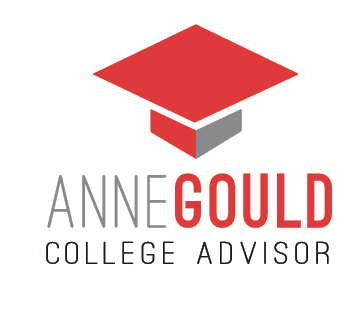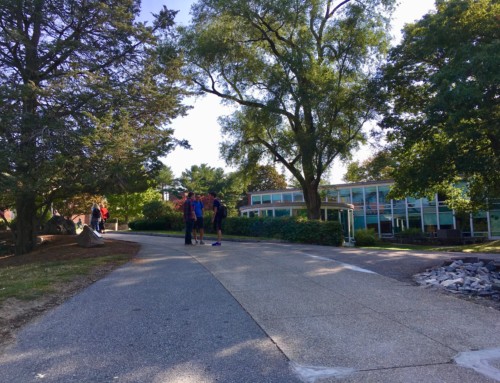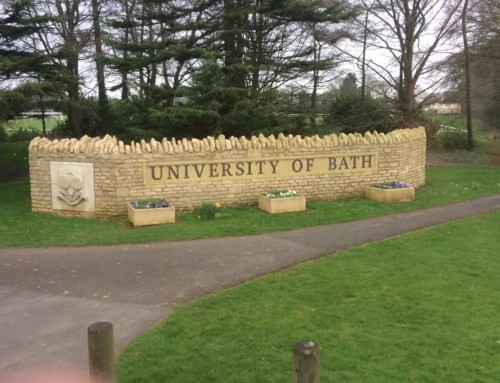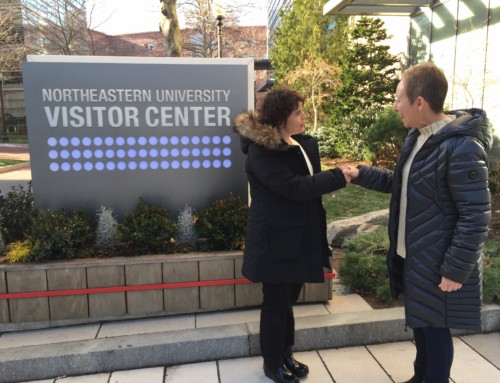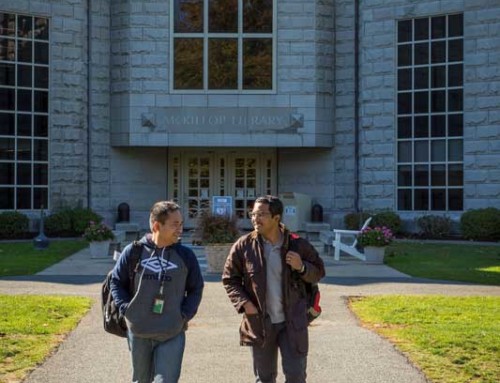New York State Association for College Admission Counseling (NYSACAC) Regional Forum at Fordham University
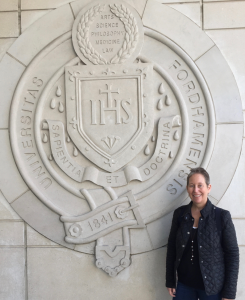
On March 18th I participated in this year’s NYSACAC Regional Forum. The event consisted of roundtable discussions with college admissions representatives, high school guidance counselors, counselors from community based organizations (CBOs), and independent college advisors. Here is a summary of the topics covered:
- The Well Executed Application – As part of this discussion the presenter pointed out that the most important aspects of a student’s application for admission continue to be grades and rigor of courses taken along with standardized test scores. The other components (extra curricular activities, recommendations, and essays) remain important. The college admissions representatives in my group emphasized the significance of applicants distinguishing themselves in the “Why I want to attend _________College/University” essay question.”

Jerome Furman (Director of College Counseling East Side Community High School), Christine Murphy (Vice President for Enrollment Management St. Joseph’s College), and Anne Gould (Independent College Advisor) discussing teacher recommendations.
- The Campus Visit – Questions discussed include, “How early is too early to visit?” “Is it worth visiting?” “What about students who do not have the means (e.g. financial, parental support, or time) to do so?” The consensus is that in order to make an informed decision about where to attend it is essential for students (and parents if possible) to see the campus firsthand.
- Evaluation of Academics – During this part of the program we focused on the college admissions representatives need to fully understand each student applicant’s academic record. Some high schools rank their students and some do not. Colleges work with whatever information is supplied to them by the high school so no student is at an advantage or disadvantage if rank in class is available or not. The rigor of the student’s transcript is evaluated in the context of what classes are offered by the high school and what is appropriate for the student to take based on their academic ability.
- Letters of Recommendation – There was unanimous agreement on the importance of recommendations and what is most useful in terms of the teacher recommendations is that they should focus on the student in the academic setting. It is not helpful for the teacher to reiterate what is on other parts of the Common Application (CA), or school application for non-CA applications, and teachers should not be writing about the student’s extra curricular activities. Learning why a student is a good candidate academically and personally is most useful in the process.
- Post Decision – Issues for this topic focused on the upcoming changes to the financial aid process. With the implementation for 2016-2017 FAFSA of “Prior Prior Year (PPY)” there was talk about how this will effect FAFSA and application deadlines. It was clear that there is still much for the colleges to decide on how this will occur. It appears that college application deadlines may remain as they have been but the the FAFSA filing deadline may change from February 1 to January 15.
